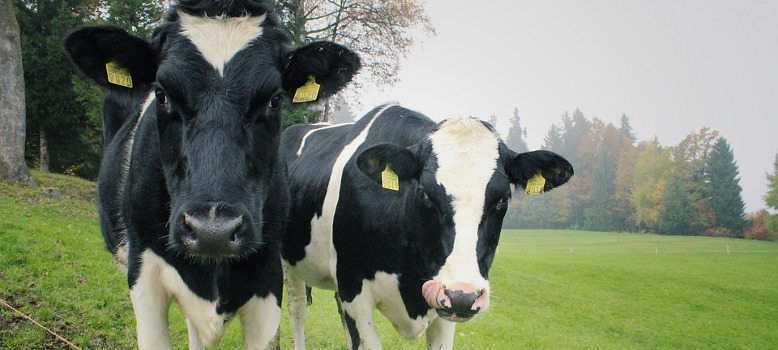Stronger 2017 Dairy Farm Incomes Must Not Distract from Challenges to Sector

Responding to the Teagasc Situation and Outlook 2017 forecast that dairy farm incomes would increase significantly this year, IFA National Dairy Chairman Sean O’Leary said that while the improvement is welcome, it was also badly needed, coming as it does in the wake of a difficult prolonged period of major cashflow challenges.
Sean O’Leary said income volatility would be compounded by labour shortages, the impact of Brexit and other global market factors, and it is vital that the focus would remain on strengthening farmers’ ability to deal with those challenges.
“Higher volumes, good grass production conditions, a more benign cost environment, as well as recovering milk prices will clearly improve dairy farmers’ incomes this year. However, this is the manifestation of the upswing in income volatility, and we must not let a good year distract us from the necessity to put the building blocks in place to support farmers through inevitable income downswings into the future,” Mr O’Leary said.
“Farmers will need to have greater access to a variety of optional instruments to help them manage extremely variable incomes. They will need a greater variety of risk management tools from industry with both fixed milk price contracts and the development of other forms of hedging. Taxation also has a crucial role to play, as outlined in our pre-Budget 2018 submission to Government. The five-year income averaging scheme must allow farmers to ‘step out’ more than once over the period if they are not carrying an unpaid deferred tax amount from a previous ‘step out’, he said.
“We also need a voluntary, individualised deposit scheme for farmers which would allow them to put income on deposit and bring it back into the farm enterprise within the next five years, to be taxed in the year it is being drawn down,” he added.
“Finally, the rapid expansion on some farms has shown a major labour shortage, and Teagasc estimates that 6,000 additional dairy operatives and managers will be needed on farms by 2020. It is essential to address this issue through a combination of national promotion and training programmes to identify and prepare milking parlour-ready dairy operatives and greater flexibility in the issuing of work permits to potential employees from outside the European Economic Area,” Sean O’Leary concluded.




